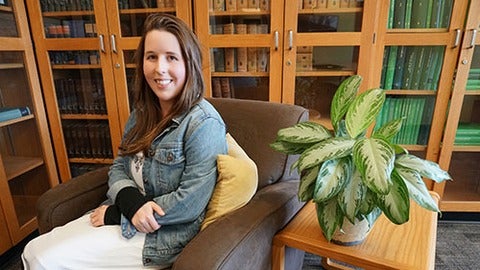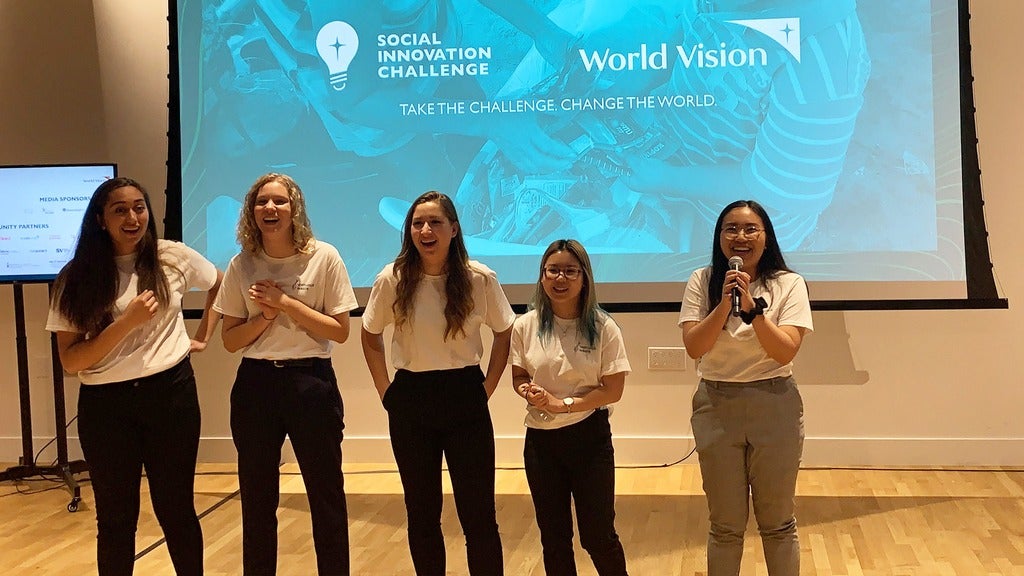Anthropology research finds deforestation is changing animal communication
Deforestation is changing the way monkeys communicate in their natural habitat, according to a new study led by Laura Bolt, an adjunct professor in the Department of Anthropology. The research offers the first evidence in animal communication scholarship of differences in vocal behaviours in response to different types of forest edge areas, particularly areas changed by human activity.









